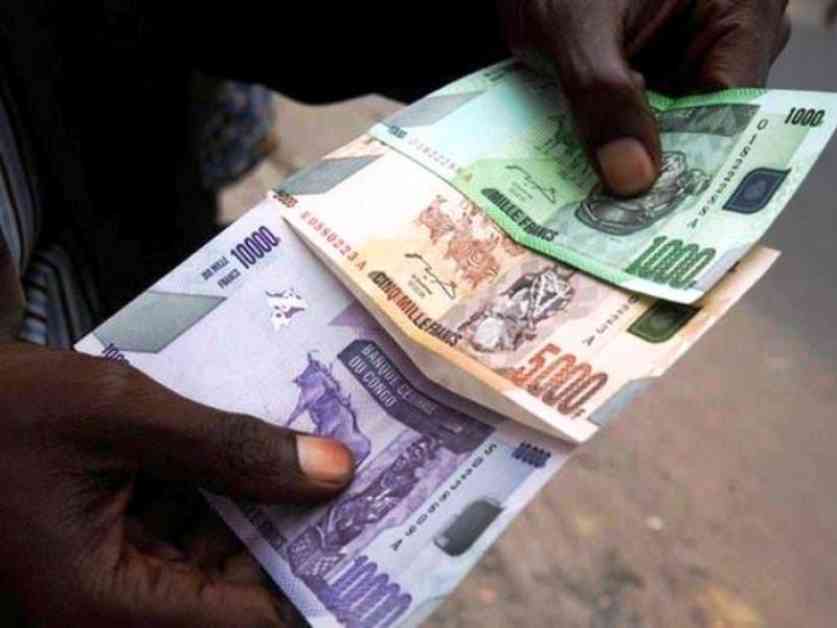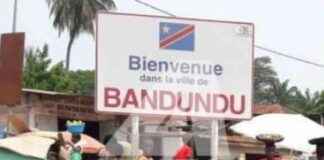Minister Ephraïm Akwakwa Nametu Announces Increase in DRC’s Minimum Wage
Minister of Labor and Employment in the Democratic Republic of the Congo (DRC), Ephraïm Akwakwa Nametu, has recently declared an adjustment to the Guaranteed Interprofessional Minimum Wage (SMIG) in the country. Set at 14,500 Congolese francs per day for manual laborers, this new amount ends a six-year stagnation, marking a significant step towards improving the living conditions of workers in the DRC.
Effective as of February 2025, the revision of the SMIG follows a dialogue held last October between the government, trade unions, and employers’ organizations. “This is a regulatory act that must be enforced. The labor inspectorate will ensure its compliance,” stated Minister Akwakwa, emphasizing the firm stance of the state against potential violators.
Since 2018, the SMIG had been set at 7,075 Congolese francs, approximately 5 US dollars per day, a figure deemed insufficient to cope with inflation and the rising cost of living. The recent adjustment, nearly doubling the minimum wage, comes at a time of economic pressures marked by increasing social tensions and a call for wage equality.
Despite this increase, the Congolese SMIG remains one of the lowest in Africa. In comparison, Morocco boasts one of the highest minimum wages on the continent, at around 273 euros per month. Sub-Saharan African countries like Senegal (97 euros), Ivory Coast (114 euros), and Cameroon (91 euros) offer significantly higher levels than the DRC, highlighting a persistent structural challenge.
The reform aims to provide better social protection for Congolese workers, particularly in a country where over 60% of the population is under 18 years old. This demographic context presents a unique economic pressure but also an opportunity to transform the labor market.
The new SMIG also includes a 3% annual increase clause for workers with continuous seniority in the same company, enhancing the incentive for retention and job stability.
However, challenges persist. The strict enforcement of this measure depends on the labor inspections’ ability to monitor and penalize violators. Additionally, some employers, especially in the informal sector dominating the Congolese economy, may find it challenging to comply with these new requirements.
Impact on Congolese Workers
The increase in the minimum wage is a significant development for Congolese workers, who have long struggled to make ends meet with the previous low wages. This adjustment not only provides them with better financial security but also acknowledges their contribution to the country’s economy.
Government’s Commitment
Minister Akwakwa’s announcement demonstrates the government’s commitment to improving the living standards of its citizens and promoting social justice in the DRC. By engaging in dialogues with key stakeholders, the government shows a willingness to address the concerns of workers and ensure their well-being.
Future Challenges
While the increase in the SMIG is a positive step, the government must now focus on effective implementation and enforcement of the new wage policy. This will require strong monitoring mechanisms and support for businesses to comply with the regulations, especially in the informal sector.
In conclusion, the adjustment of the SMIG in the DRC represents a crucial milestone in the country’s efforts to enhance the welfare of its workforce and promote economic development. By prioritizing fair wages and social protection, the government sets a positive example for other African nations facing similar challenges.

















